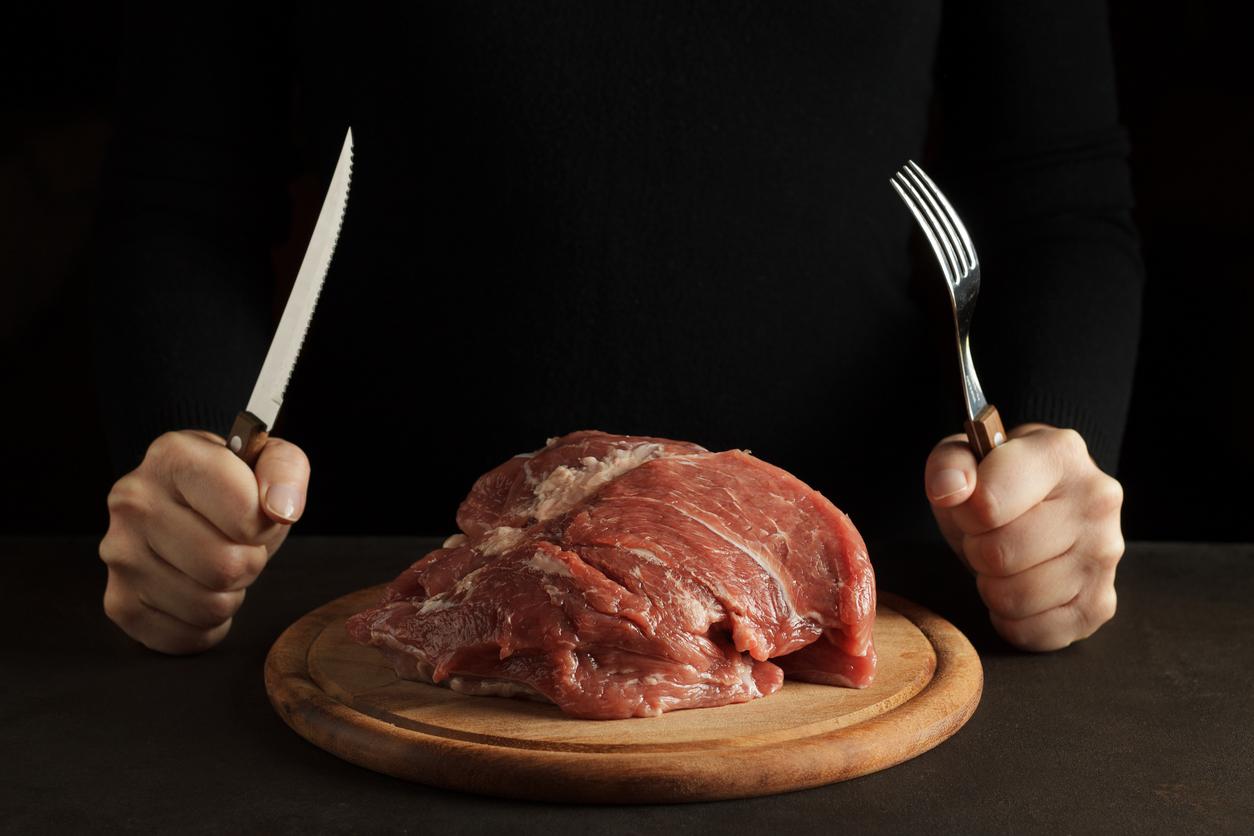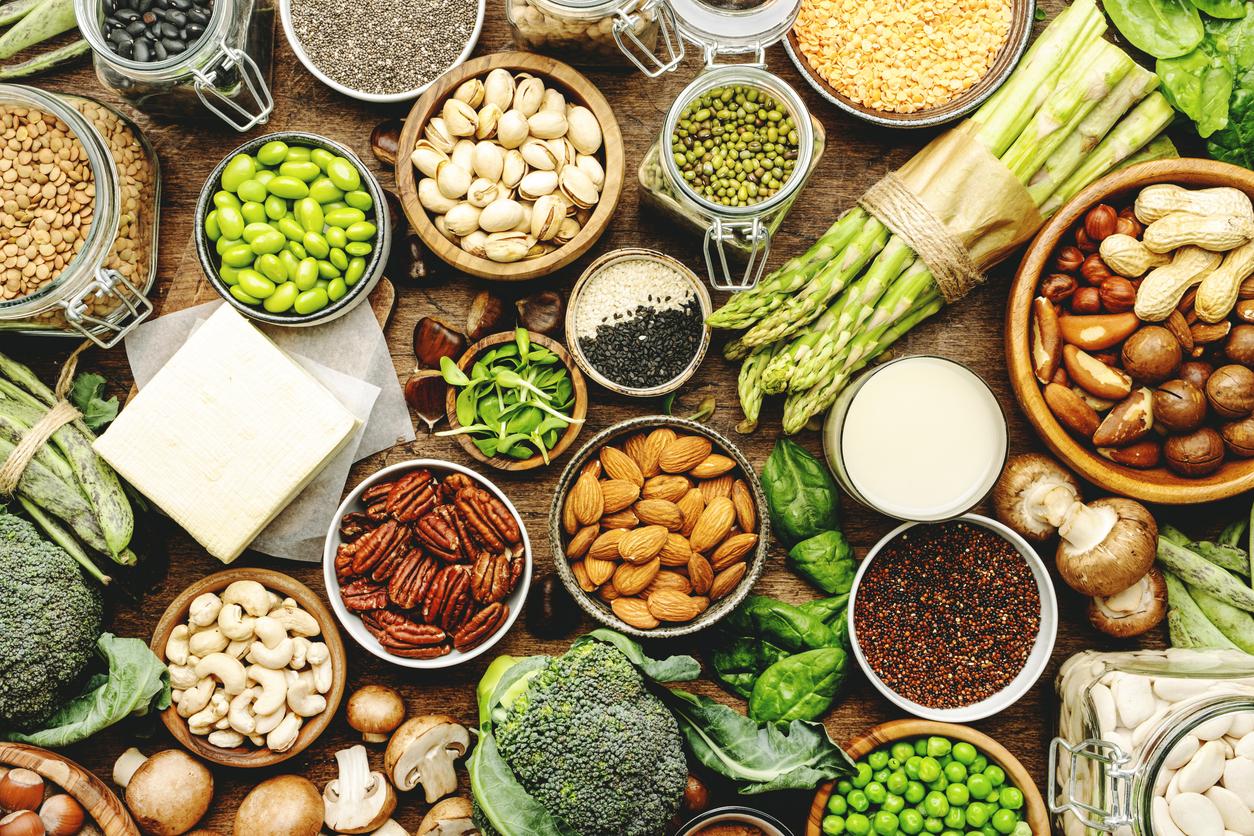In mice, a diet devoid of the amino acid tryptophan can effectively stop the growth of hepatocellular carcinoma.

- The universal oncogene MYC increases tryptophan demand in liver tumors.
- By removing tryptophan from the rodents’ diet, the growth of MYC-induced liver tumors was stopped and normal gene expression in liver cells was restored.
- Indole 3-pyruvate (I3P) supplementation effectively restores the growth of tryptophan-deprived liver cancer cells, suggesting that it is a potential therapeutic target in MYC-driven cancers.
Hepatocellular carcinoma (HCC) is the third leading cause of cancer-related death worldwide, according to 2020 data from the World Health Organization, with limited options for effective treatment and a five-year survival rate of approximately 30%. “We find that liver tumors induced by the universal oncogene MYC are dependent on increased tryptophan uptake,” said researchers from the University of Texas Southwestern Medical School (USA).
Liver cancer: MYC oncogene increases demand for tryptophan
To reach this conclusion, they conducted a study published in the journal Nature Communications. They wanted to examine the effects of a tryptophan-free diet in mice. As a reminder, tryptophan, indole 3-pyruvate (I3P), is an amino acid known to be metabolized into several important compounds, including the neurotransmitter serotonin and kynurenine, a precursor to the B vitamin niacin. It can be found in high amounts in certain foods, including turkey, red meat, pork, chicken, tofu, milk, soy (including edamame), quinoa, oats, and fish.
According to the results, the growth of liver cancers driven by the MYC oncogene is particularly dependent on tryptophan, which is converted to I3P and other metabolites. By removing tryptophan from the rodents’ diet, the authors stopped the growth of MYC-driven liver tumors and restored normal gene expression in liver cells. According to the team, this dietary intervention did not affect protein synthesis in normal cells, “which suggests a targeted therapeutic approach that spares healthy tissues.”
“A diet without tryptophan prevents the growth of liver tumors”
“Liver tumors require large amounts of tryptophan to generate the oncometabolite I3P. A tryptophan-free diet prevents liver tumor growth by a mechanism that is dependent on I3P but independent of translation, the process by which proteins are synthesized from amino acid building blocks. Because tryptophan is the most abundant amino acid in the proteome, short-term dietary manipulation is safe for healthy tissues but not for cancer cells.”said Maralice Conacci-Sorrelllead author of the work, in a press release.
Another finding: I3P supplementation restored the growth of tryptophan-deprived liver cancer cells. This further underscores the essential role of this metabolite in cancer development. According to the authors, these data suggest that targeting I3P or its production pathway could be a viable therapeutic strategy.

















